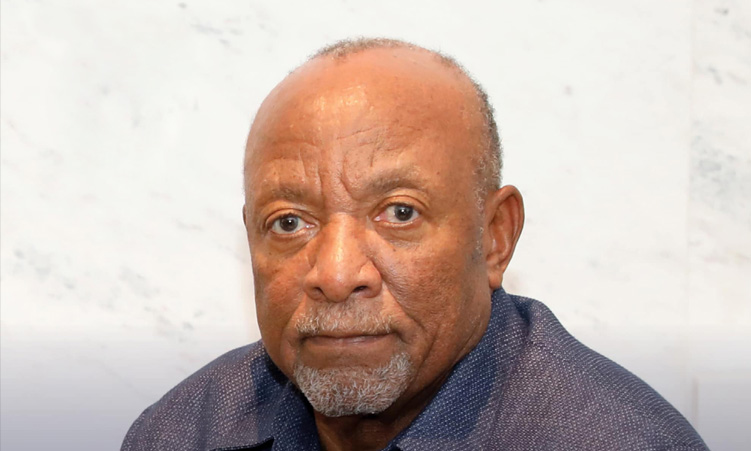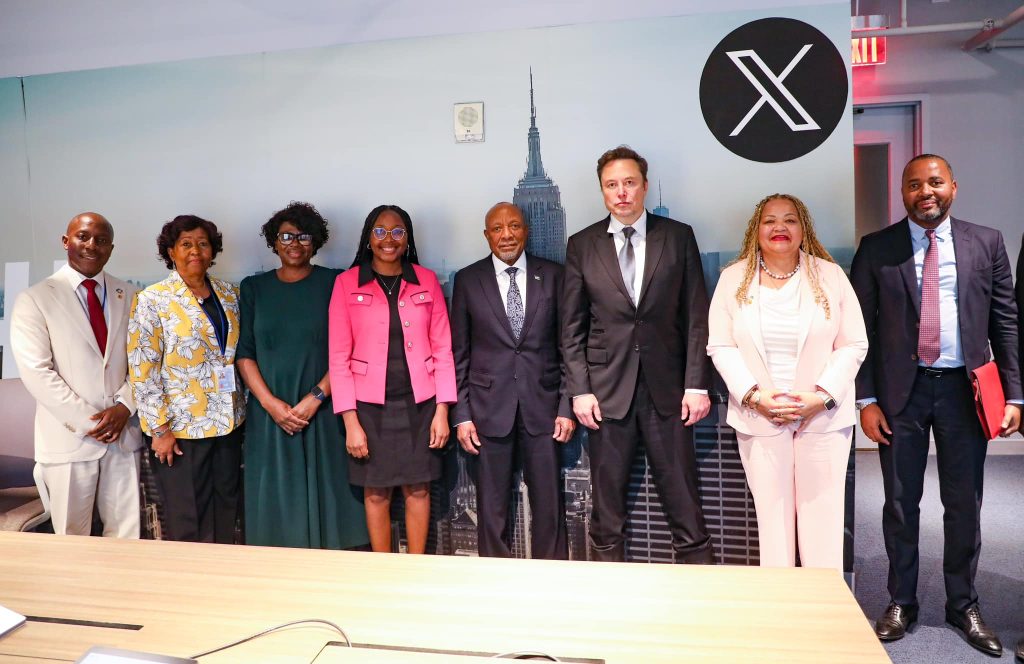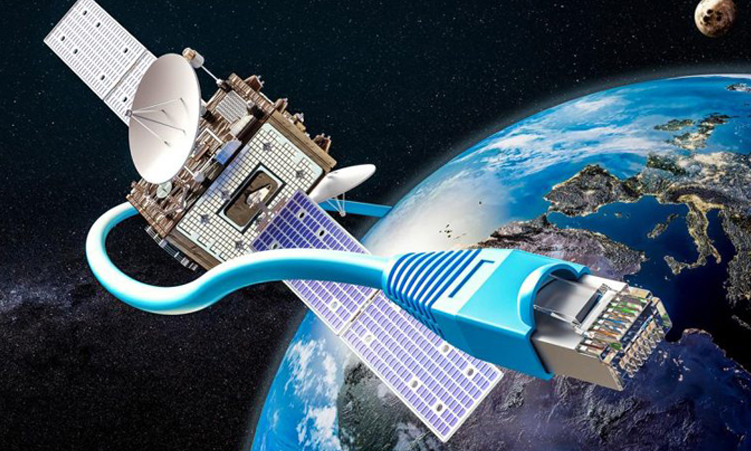South-African-born billionaire Elon Musk’s satellite internet company Starlink would need to surrender 51% of its operations in Namibia to operate without local partners.
Alternatively, it should be exempted from operating without local partners by the minister of information and communication technology, Emma Theofelus.
The minister met with Musk in New York this week.
She could key in deciding the fate of Starlink’s planned operations in Namibia if the American-owned internet provider fails to have local partners.
Starlink could challenge established internet service providers such as MTC and Telecom Namibia.
President Nangolo Mbumba this week told Musk that the application for his satellite internet service in Namibia is currently undergoing a legal process.


“Yes, Starlink was discussed. President Mbumba informed Mr Musk that the Starlink application will go through the legal and administrative procedures of the Namibian government,” presidential spokesperson Alfredo Hengari said yesterday.
Mbumba also called on Musk to invest in the country’s telecommunications sector and assist in efforts to bridge the digital gap.
However, Musk could face the same hurdle he has faced in South Africa, where he is being forced to comply with the country’s black economic empowerment (BEE) regulations and existing historically disadvantaged ownership requirements.
The Communications Regulatory Authority of Namibia (Cran) says Starlink’s application is currently still being evaluated.
“Starlink has submitted an application for a telecommunication service licence to the authority and the application is being processed and considered in terms of the provisions of the Communications Act and relevant regulations,” Cran chief executive Emilia Nghikembua says.
THE DETAILS
Namibia’s Communications Act provides insight into the application process Starlink should undergo.
Cran can issue an operating licence to a Namibian citizen or a legal entity of which at least 51% of the shareholding is beneficially owned by Namibian citizens, and “which is not controlled directly or indirectly by persons who are not Namibian citizens and which has its principal place of business or registered office in Namibia”.
However, the minister may beforehand authorise the issue of a broadcasting licence to such an entity.
The minister also has the power to grant the company a licence, if Cran rejects this.
Mbumba met with Musk at the 79th session of the United Nations General Assembly in New York on Tuesday to discuss investment opportunities in Namibia’s technology sector.
The meeting was also attended by Theofelus and Nangula Uaandja, the chairperson of the Namibia Investment Promotion and Development Board.
“I have no update at this time,” Theofelus said yesterday.
Paratus will be the licensed distributor of Starlink in Namibia.
Starlink is a satellite internet constellation operated by Starlink Services, a wholly-owned subsidiary of Musk’s SpaceX.
It delivers broadband internet beamed down from a network of roughly 5 500 satellites that SpaceX started launching in 2019.
Starlink’s entrance to the Namibian market is lauded because it could offer substantial opportunities to enhance internet accessibility, service quality and competitive pricing in the country, which could lead to cheaper internet.
Speaking to The Namibian in June, tech expert Tuyoleni Hamata said in Nigeria, Starlink reduced its hardware prices by 21% to capture more of the market.

This competition could drive local internet service providers to improve their services and offer more competitive pricing.
“The experiences of other sub-Saharan African countries suggest that with appropriate regulatory measures and strategic partnerships, the integration of Starlink could significantly benefit Namibia’s telecommunications landscape,” Hamata said.
He said the technology also offers opportunities for enhancing the existing network, particularly in remote areas.
Hamata said Starlink’s enhanced internet connectivity could attract new businesses, support local start-ups and create jobs in the telecommunications sector.
“As a back-up network, Starlink could play a critical role during natural disasters, ensuring continuity of communication when terrestrial networks are disrupted,” he said.
He said integrating Starlink into Namibia’s current telecommunications infrastructure could pose technical challenges, especially in ensuring compatibility and maintaining service continuity.
Stay informed with The Namibian – your source for credible journalism. Get in-depth reporting and opinions for
only N$85 a month. Invest in journalism, invest in democracy –
Subscribe Now!







